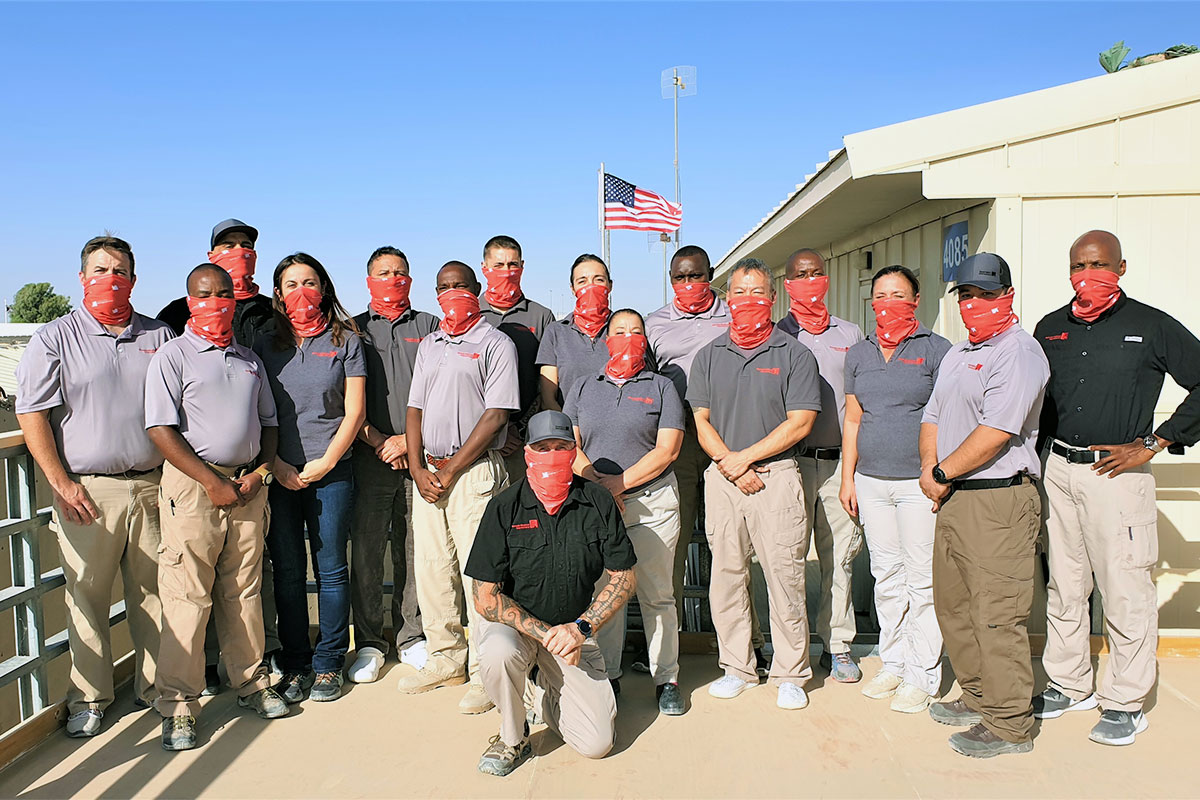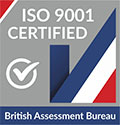With a background that includes everything from military search and rescue to medical missions abroad, former Remote Medical student Eric Linder knows remote medicine.
“I started out in the military doing search and rescue for pilots downed behind enemy lines.†The military certified Eric as a combat flight paramedic and, after two years of full-time service during the Lebanon War, he is now in his eleventh year as a reservist for the Israeli military.
In 1997, Eric joined the Israeli military as part of a pararescue unit. “It’s a combat search and rescue unit. We did all the austere rescues. Anything from civilians hiking — accidents, extractions — to military rescues. It’s about as remote as you can actually get.â€
A few years later Eric returned to the United States but continued working in tactical medicine. Eric now works in the private sector as a safety, security, and medical officer. “In my job I’m teaching wilderness medicine all the time. If there is a trip to India, I research everything about it and then I brief the participants and periodically accompany them .â€
Eric’s return to the United States also marked his venture into volunteerism. “About two years ago, I went back to Israel and started volunteering for Magen David Adom, the national mobile intensive care service.†Eric now regularly volunteers for weeks at a time and he said his employer was very supportive of the time he devoted to his medical missions. In October he will travel to Uganda as part of a surgical mission.
Eric expanded his medical knowledge by taking Remote Medical’s Remote Medicine for the Advanced Provider course. He followed that with a transition course affiliated from the University of Nebraska & Belize Institute of Tropical Medicine, designed for remote medical practitioners. The course ended in March with a month long residency in Belize. “I spent my first week working with a group called Tejas Missions traveling among jungle villages.†Many of his patients had never seen a doctor before. Eric concluded his final weeks treating patients in the capital’s main hospital. Eric is now currently working on his fellowship for the Academy of Wilderness Medicine.
“I chose remote medicine because I like the challenge it offers. It’s about solving problems, like using a tuning fork to diagnose a fracture because you don’t have an x-ray machine.â€
Remote Medicine for the Advanced Provider is exactly that. The course helps graduates like Eric make the best choices when the hospital isn’t an option.
Look for more Remote Medical International student profiles on the blog.


